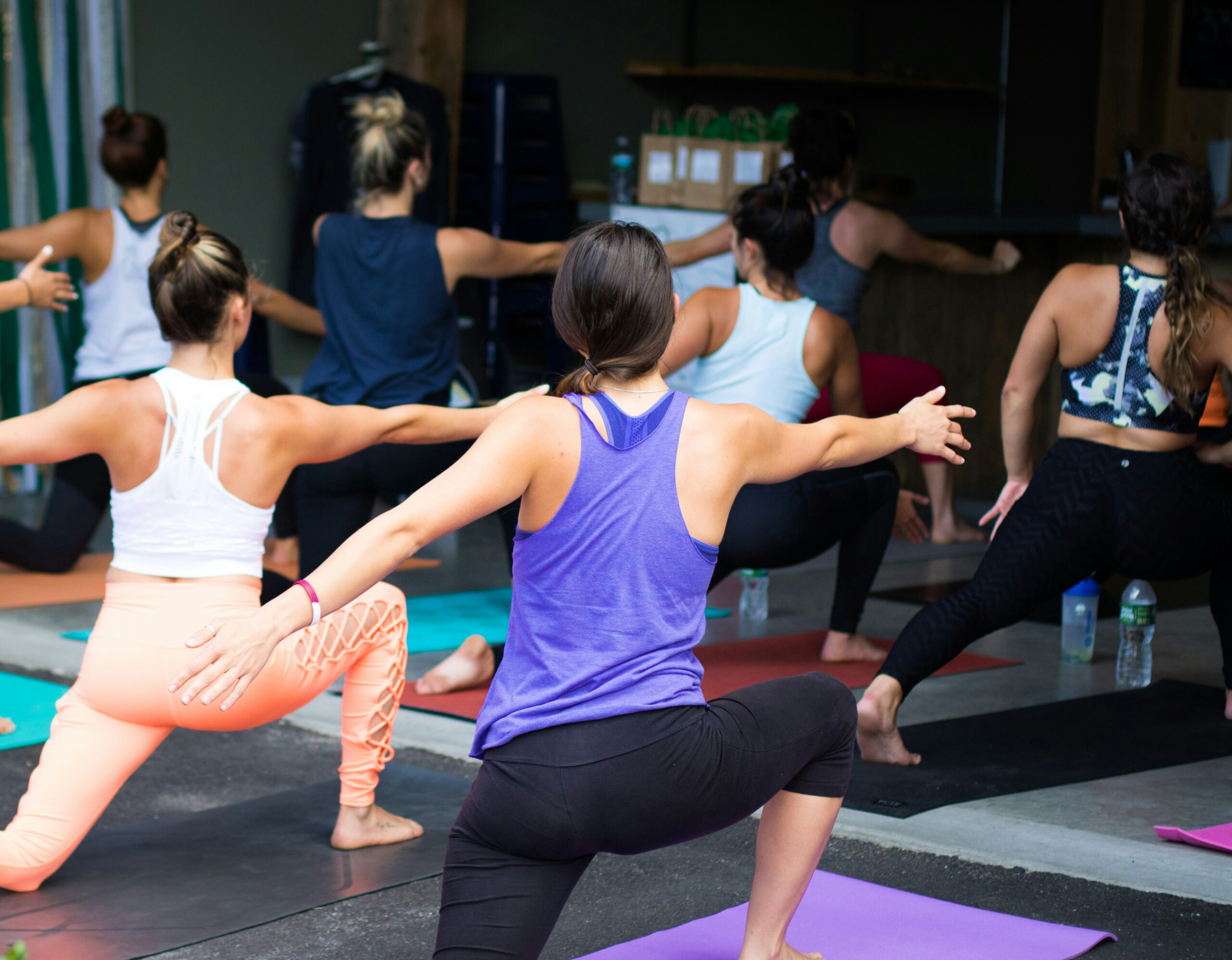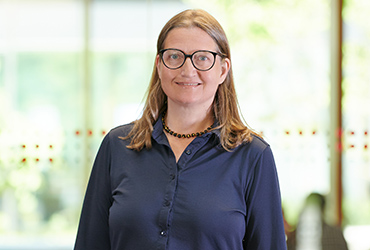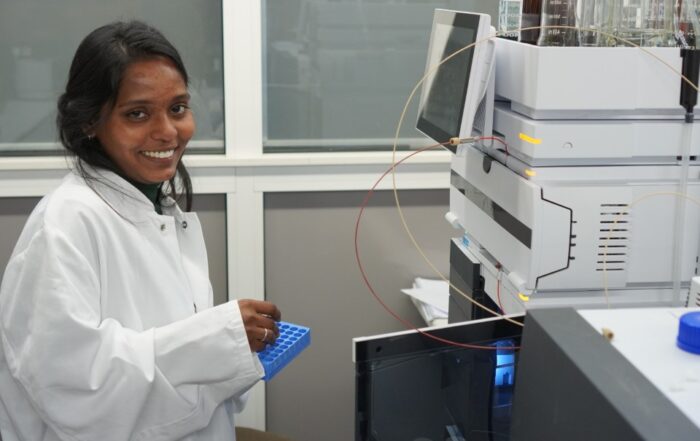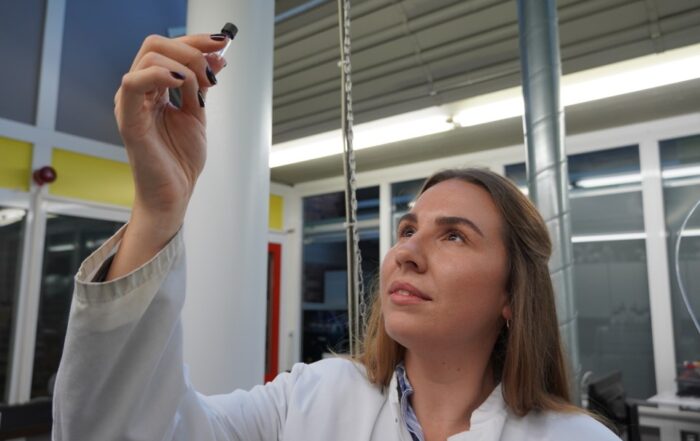8. May '24
Anxiety, restlessness, sleep disorders, tiredness and exhaustion: patients with breast cancer also suffer from such disease-related side effects.
Coburg University of Applied Sciences is currently looking for participants for the second round of a study on the question: How can yoga help women who have been diagnosed with breast cancer?
“Yoga has been proven to reduce the feeling of stress when practiced regularly,” explains Prof. Dr. Karin Meißner from the Faculty of Natural Sciences and Health at Coburg University of Applied Sciences.
She is leading the study, the second round of which starts on Thursday, June 6.
Yoga provides relief from the symptoms mentioned and at the same time increases well-being and quality of life.
The university offers participants in the study a free eight-week yoga course with weekly exercise sessions in Coburg.
Exercises are taught that can also be practiced independently at home after the course.
The yoga courses are led by Cornelia Antwerpen, a doctor in a gynecological oncology practice in Coburg and certified yoga teacher.
“The courses are not about sporty yoga with handstands in open space,” explains the doctor, rather the focus is on relaxed practice. This includes meditation and mindfulness exercises as well as combining physical movement with your own breath, “in order to develop a healthy body awareness and confidence again.”
The study is open to women aged 18 and over who were first diagnosed with non-metastatic breast cancer no more than five years ago.
Unfortunately, women who already regularly practise yoga or similar relaxation techniques cannot take part.
Regular course attendance over a period of eight weeks is required for the study.
This includes a weekly 90-minute guided yoga practice in a group, exercises for self-practice at home and the completion of questionnaires, which takes around 30 minutes.
Similar studies are underway at Immanuel Hospital Berlin and Essen University Hospital.
Further information and registration with Annika Hiller, doctoral student in the field of health promotion, annika.hiller@stud.hs-coburg.de







